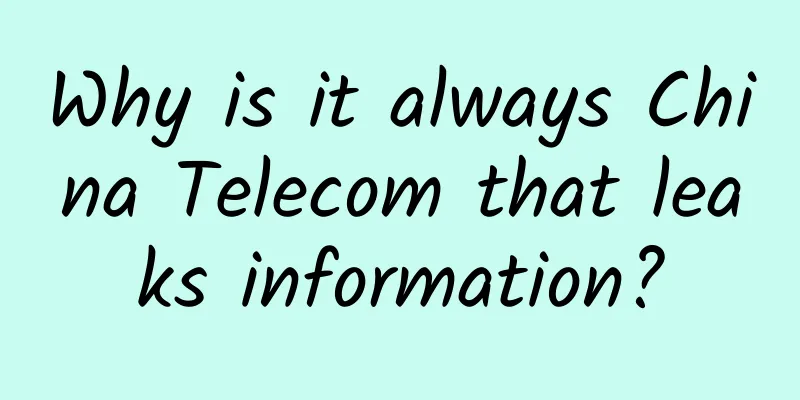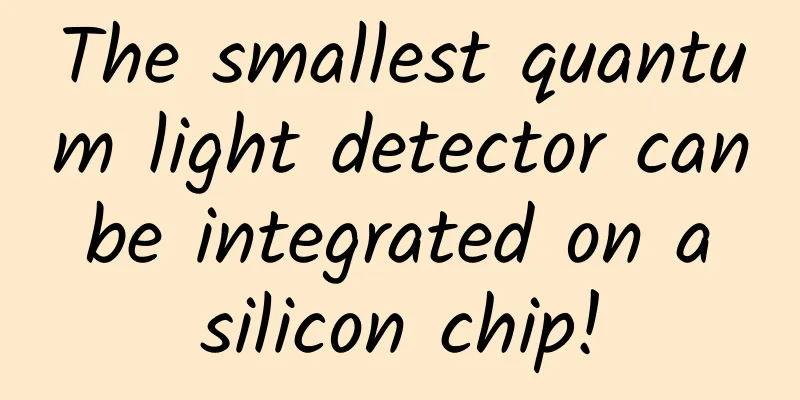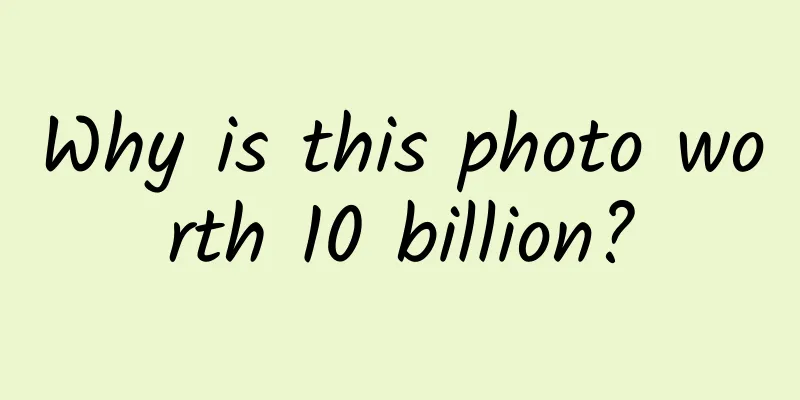Why is it always China Telecom that leaks information?

|
Around the 22nd of last month, an internal speech by Wang Xiaochu, chairman of China Telecom, was widely circulated on the Internet. Since this speech involves a lot of sensitive information, there are many people from China Mobile, China Unicom, China Telecom and the media among the circulators. Just when many media were verifying the authenticity of this speech, the Telecom Group privately asked major media to delete the manuscript. Not only that, many Telecom big Vs were also asked by their unit leaders to delete the corresponding remarks because they reposted and commented on the relevant content. For a time, everyone in Telecom was in danger, and the speech published by people from China Mobile and China Unicom became the survivor of Telecom's public relations action, and the authenticity of this speech was also indirectly confirmed by Telecom's actions. Every company has commercial secrets. Once they are leaked, the impact on the company is self-evident. Wang Xiaochu's speech, which was originally a "core secret of telecommunications", was leaked word for word and even widely circulated by competitors. This can only be described as a huge irony. In fact, this is not the first time that China Telecom has leaked such important commercial secrets. In the past few years, major media, forums, and even Weibo celebrities of China Mobile and China Unicom have spread a large amount of internal information of China Telecom. What's more, it is often the case that just after a high-level internal meeting yesterday, the content of the meeting has been spread on the Internet the next morning. Faced with such frequent leaks, China Telecom often does not review its own shortcomings, but spends money to find connections to delete posts as soon as possible, striving to minimize the impact. However, in the Internet age, information spreads so quickly that although China Telecom wants to spend money to get rid of the problem, it often backfires. In the end, confidential documents often spread more and more widely and eventually become the focus of everyone's attention. As a long-established state-owned enterprise, the frequent leaks of information in China Telecom are indeed thought-provoking. The author is currently studying the course "Secrecy Studies". It would be a good idea to analyze the mistakes made by China Telecom in conjunction with this course. The First Law of Confidentiality: Strictly Limit the Scope of Dissemination of Confidential Information Since it is a secret, it is particularly important to strictly limit the scope of its dissemination. As the saying goes, "many people have many mouths", the more people who are exposed to secrets, the greater the possibility of secret leakage. In order to improve the level of confidentiality, it is necessary to strictly limit the scope of information dissemination. Generally speaking, the more core secrets of the company, the more they should be known only to those who are particularly necessary. The lower the level of confidentiality, the wider the scope of dissemination. In order to more strictly define the scope of dissemination of secrets, levels can be set according to the secrets themselves, such as the common special secrets, ordinary secrets, etc. Back to the leak, it is said that the secretary in charge of recording Wang Xiaochu's speech accidentally posted the speech on the Internet, which eventually caused a bad impact. If this is true, it is not difficult to see that China Telecom made several obvious mistakes: first, it did not set a high confidentiality level for Wang Xiaochu's speech in advance; second, the scope of dissemination was not controlled within the intranet. It was these mistakes that directly led to the leakage of confidential information, which in turn had a very bad impact on China Telecom. The Second Law of Confidentiality: Improve the confidentiality awareness of confidentiality personnel Since it is confidential, in addition to strictly controlling the scope of dissemination, it is also very important to improve the confidentiality awareness of the personnel involved in the confidentiality. A large part of the previous telecom internal information leakage incidents are related to the negligence of the personnel involved in the confidentiality. In the previous telecom industry reorganizations, many telecom employees' spouses are often assigned to work in another operator due to the company split (for example, the man works in telecom and the woman works in mobile). In this case, the information that is corporate confidential is often easily seen by the spouse who is a competitor due to the negligence of the person involved in the confidentiality. Under strict KPI assessment, some corporate secrets (such as the market deployment of telecom in the next stage) are often fully utilized by competitors, causing huge losses to the company. What is more serious is that some employees involved in confidentiality do not hesitate to put the company's internal information in public in order to show off their abilities on the Internet (such as some people set up WeChat public accounts, forum accounts, etc.). Telecom often turns a blind eye to such problems, which also leaves these employees with a fluke mentality, and leaks naturally occur again and again. The Third Law of Confidentiality: Take Legal Action When Appropriate Telecom leaks frequently occur. In addition to improper internal management, the failure to pursue legal responsibilities in a timely manner is also a major reason. In recent years, some media reporters have often fabricated some so-called "internal information of operators" as news gimmicks in order to attract public attention. For example, the "five hopes and five hopes" of a vice president of China Mobile, which caused a lot of controversy a few years ago, was confirmed by the author and several senior executives of China Mobile to be just a fabrication of a reporter. Other fabricated internal information by the media include "Telecom blocked WeChat to promote Yixin" and "Operators planned to charge WeChat fees", etc. These irresponsible reports not only violate the basic principle of objectivity and fairness of media reporters, but also have a very bad impact on the image of operators. If the above-mentioned incidents can be brought to court, then the companies can not only recover certain losses, but also deter some people and prevent them from happening again. Of course, facing so many leaks, deleting posts can only temporarily solve the problem, but it cannot solve the root cause. In order to solve the problem fundamentally, in addition to strict management at the source, it is also necessary to resort to law in a timely manner. Of course, leaks are sometimes a double-edged sword. If handled properly, they can even bring huge wealth to the company, but this depends on the company's crisis public relations capabilities. As a winner of Toutiao's Qingyun Plan and Baijiahao's Bai+ Plan, the 2019 Baidu Digital Author of the Year, the Baijiahao's Most Popular Author in the Technology Field, the 2019 Sogou Technology and Culture Author, and the 2021 Baijiahao Quarterly Influential Creator, he has won many awards, including the 2013 Sohu Best Industry Media Person, the 2015 China New Media Entrepreneurship Competition Beijing Third Place, the 2015 Guangmang Experience Award, the 2015 China New Media Entrepreneurship Competition Finals Third Place, and the 2018 Baidu Dynamic Annual Powerful Celebrity. |
<<: Microsoft's mobile version of Office is free: just to show its presence
>>: Living room karaoke: It’s not just a return to form, it’s about product reshaping
Recommend
Pregnant nurse kneels down to rescue boy who fell into water and becomes exhausted
recently A video of a pregnant nurse kneeling dow...
What's so special about the robots that scientists were inspired to create by this fish?
Produced by: Science Popularization China Author:...
Youku Tudou's latest equity exposure: Alibaba becomes the single largest shareholder
In recent times, Youku Tudou has been caught up i...
Case analysis: The operating model of "Lian Coffee"!
The user social growth system of "Growth Cof...
The passion of programmers is actually a kind of pain
[[147859]] I am not a "passionate programmer...
Omicron's ability to survive in vitro has been enhanced? How to prevent the virus from spreading from animals to humans?
The latest data from the World Health Organizatio...
A proud buttocks "Ao Family Army Military Academy"
A proud buttocks "Ao Jiajun Military Academy...
In-depth analysis of information flow delivery to discover the secret of rapid ROl growth!
What exactly is advertising, trying to convince y...
Brother becomes sister? Official announcement: The gender of this chubby cat is actually... wrong!
January 24 A sudden news Topped the trending sear...
New direction for OTT boxes: born for movie fans
January 20 (Reporter Zhang Xiaodong) OTT box, whi...
Be careful when taking a bath in cold weather! The bathroom heater may turn into a "destroyer"
Take a hot bath in cold weather It is undoubtedly...
Guangzhou fresh food WeChat mini program function, how much does it cost to develop a fresh food WeChat mall mini program?
With the continuous advancement of the Internet, m...
Promotion | Introduction to Fanstong Products
The first in a series of popular science articles...
Apple reminds developers to implement new IDFA policy after iOS 14.5 is officially launched
[[391378]] On the morning of April 6, Apple remin...









